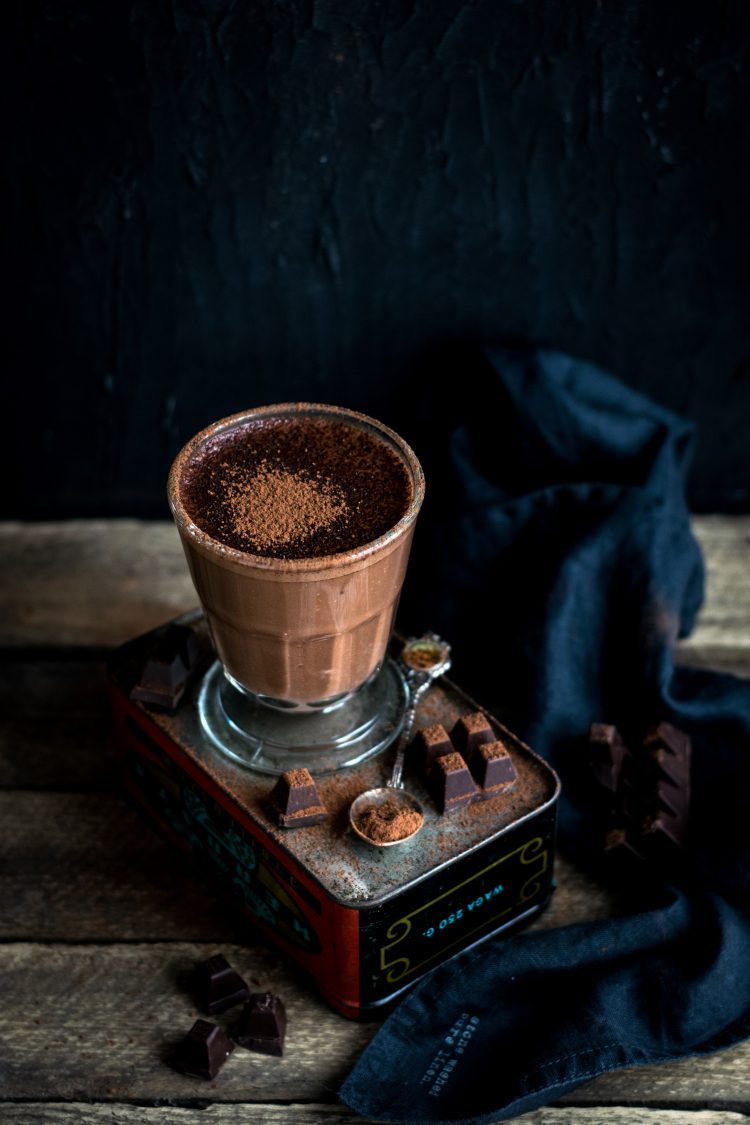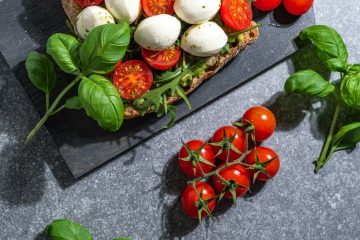The Last Chocolate
Q.
Restaurants and online shops spend a great deal of time word-smithing their food offerings. Are the waves of artisanal chocolate running down a ‘slope’ or a ‘bank’ of ice-cream? But can the way our food is described affect our taste experience?
A.
Yes. Yes it can.
Imagine you are at a chef’s tasting in a hot new restaurant. What a delicious night it has been. You could do with a little more food, but you knew that this would not be a full belly kind of evening.
The bemasked, begloved waiter approaches with a single bonbon on a giant plate.
“Here is your next chocolate,” he says.
Rewind.
The bemasked, begloved waiter approaches with the identical single bonbon on the identical giant plate.
“Here is your last chocolate,” he says.
Which of these chocolates do you think you’d rate as more delicious: your ‘next’ chocolate or your ‘last’ chocolate?’
.
.
If you’re like subjects at the University of Michigan’s renowned psychology department, you’ll be more entranced by the ‘last’ chocolate.
Psychologists Ed O’Brien and Phoebe Ellsworth find that people will even taste extra deliciousness in a random candy, just because they know it’s the last one they are going to get.
Michigan subjects taste-tested a range of Hershey’s candies – dark or milk chocolate, crème, almond, caramel – presented in random order. Half of the subjects knew that they were about to gobble their last experiment sweet: “Here is your last chocolate.” The other half had no idea that they were into the last test: “Here is your next chocolate.”
Those who knew Chocolate Five was their last, rated it as much tastier – 8.2/10 – than those who thought this was just another in a chocolate line – 6.3/10. If they thought Chocolate Five was the final snack, 65% declared it their favourite. If they didn’t know it was their last, only 22% crowned it the best.
Perhaps we’re reflexively conditioned to cheer at the climax. Perhaps we feel free to release those final streaks of excitement we’ve been holding in cautious reserve. Or perhaps, as O’Brien and Ellsworth propose, we judge things more positively when we anticipate future scarcity. ‘My last chocolate for the meal? Nooooo.”
Header Photo: Monika Grabkoewka
Photo 2: Monique Carrati









